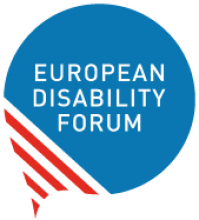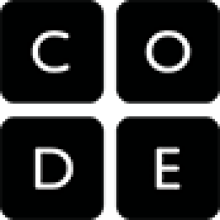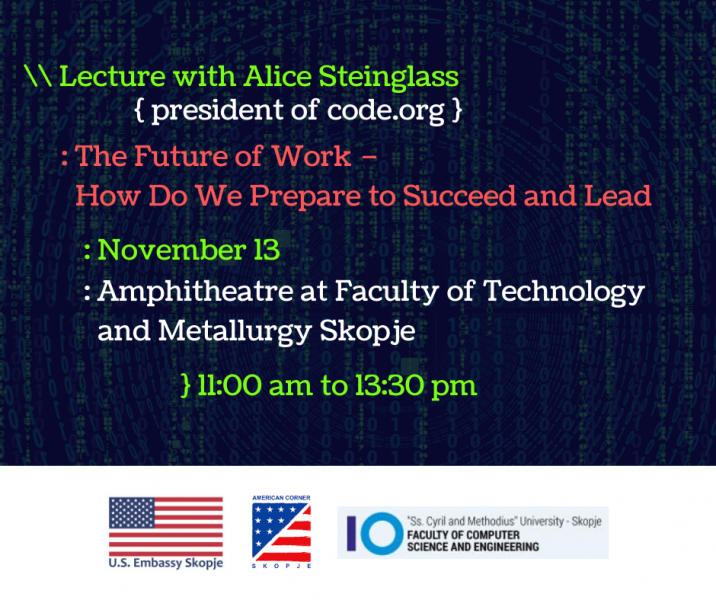Резултати од пребарување
Advanced human-computer interaction

EDF and Oracle have launched the fourth edition of our scholarship for students with disabilities studying in the field of Computer Science, Computer Engineering, User Experience, or related fields enrolled at a EU university for the academic year 2019-2020.
More information about this you can find on the following link.
Distributed systems
The aim of the course is to provide introductory knowledge on selected topics in the field of distributed computer systems. Students will be introduced to state-of-the-art distributed system architectures with a special focus on the inter-process communications (IPC) in distributed computer systems. Students will learn and acquire a deeper understanding of the challenges and approaches in designing distributed computer systems and with the provided assignments they will be trained to developed practical skills for implementing client-server-based distributed applications using the current IPC technologies.
Linear algebra
To provide students in computer sciences with an basic knowledge of vectors and matrices and their application in the field of informatics. To learn the concepts and methods of linear algebra and how they can be applied in solving computational problems that arise in computer science. After passing the exam of this course the students should be able to perform standard operations on matrices, to solve and give interpretation of the solution of the system of linear equations, describe the main properties of finitely dimensional vector spaces and linear transformation and apply the method of linear algebra for modeling and solving problems in computer sciences.
Анѓела Јовановска
Submitted by martina.jankulovska on Thu, 04/01/2021 - 12:28Табови
Boban Joksimoski Ph.D.
Formal languages and automata
Being competent to use formal models of computability as a basis for the theory and practice of program languages and compilers. To be competent to follow a higher course of theory of computation. Introduction to languages, regular and context-free languages, finite automata and push down automata, grammars and relationship between certain types of automata and languages
Табови
Vladimir Zdraveski Ph.D.

Alice Steinglass is the president at Code.org, which makes the most broadly used curriculum for teaching computer science in primary and secondary schools. The curriculum is translated into over 25 languages and used by tens of millions of students and one million teachers around the world. In addition, her team partners with education and software companies across the industry to run the Hour of Code - a global movement that has reached 10% of the world's students.
Alice is dedicated to increasing diversity in computer science by giving every student the opportunity to learn computer science in school. With a student base that is 45% female, Code.org has already enrolled millions of girls in their Computer Science classes.
Prior to Code.org, Alice studied computer science at Harvard and led various teams at Microsoft: she managed the PM team for the UX Platform on HoloLens, designed APIs and developer client libraries for Xbox 360, ran an ecosystem outreach and UX team for Windows and built project management tools.


